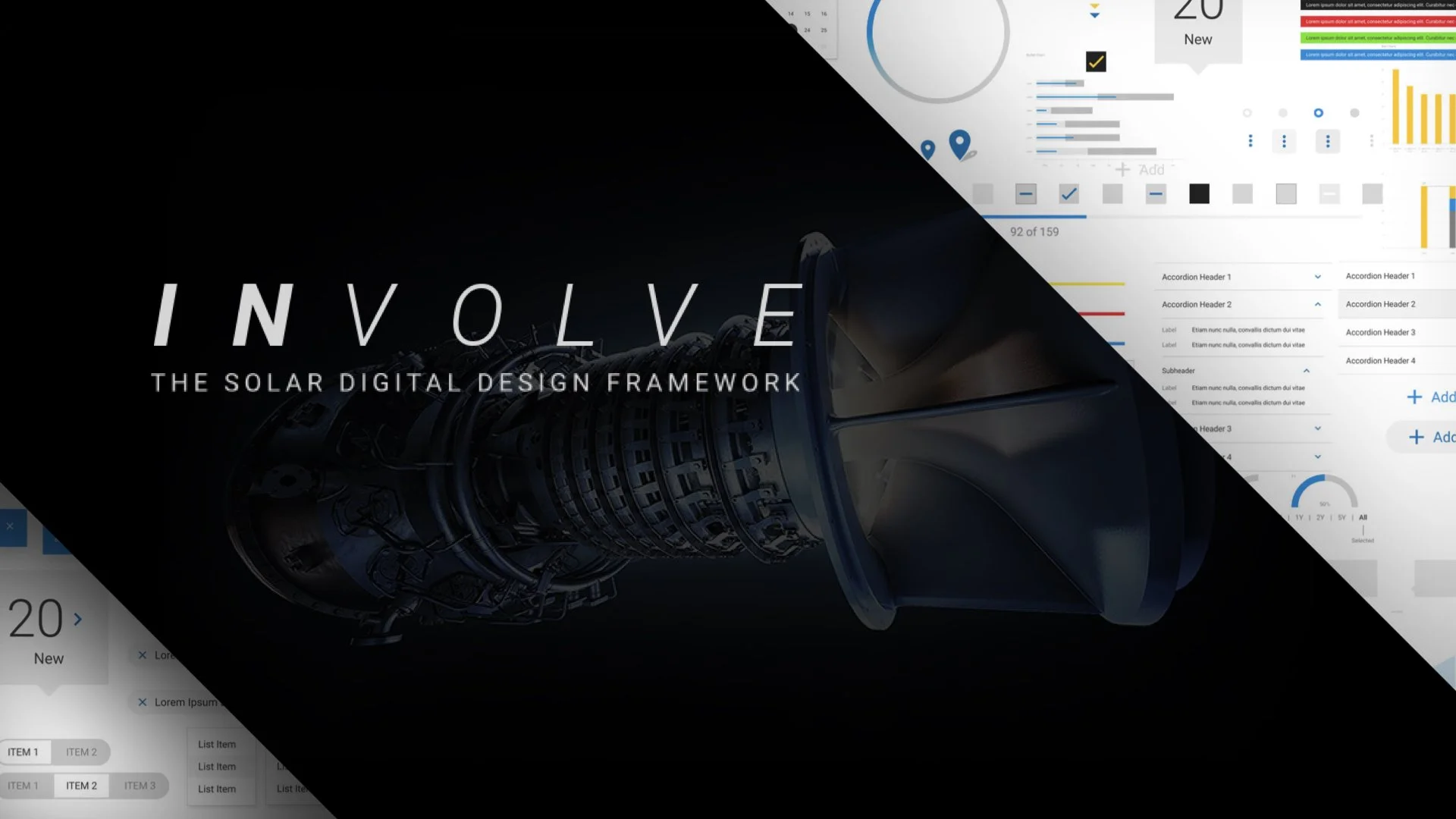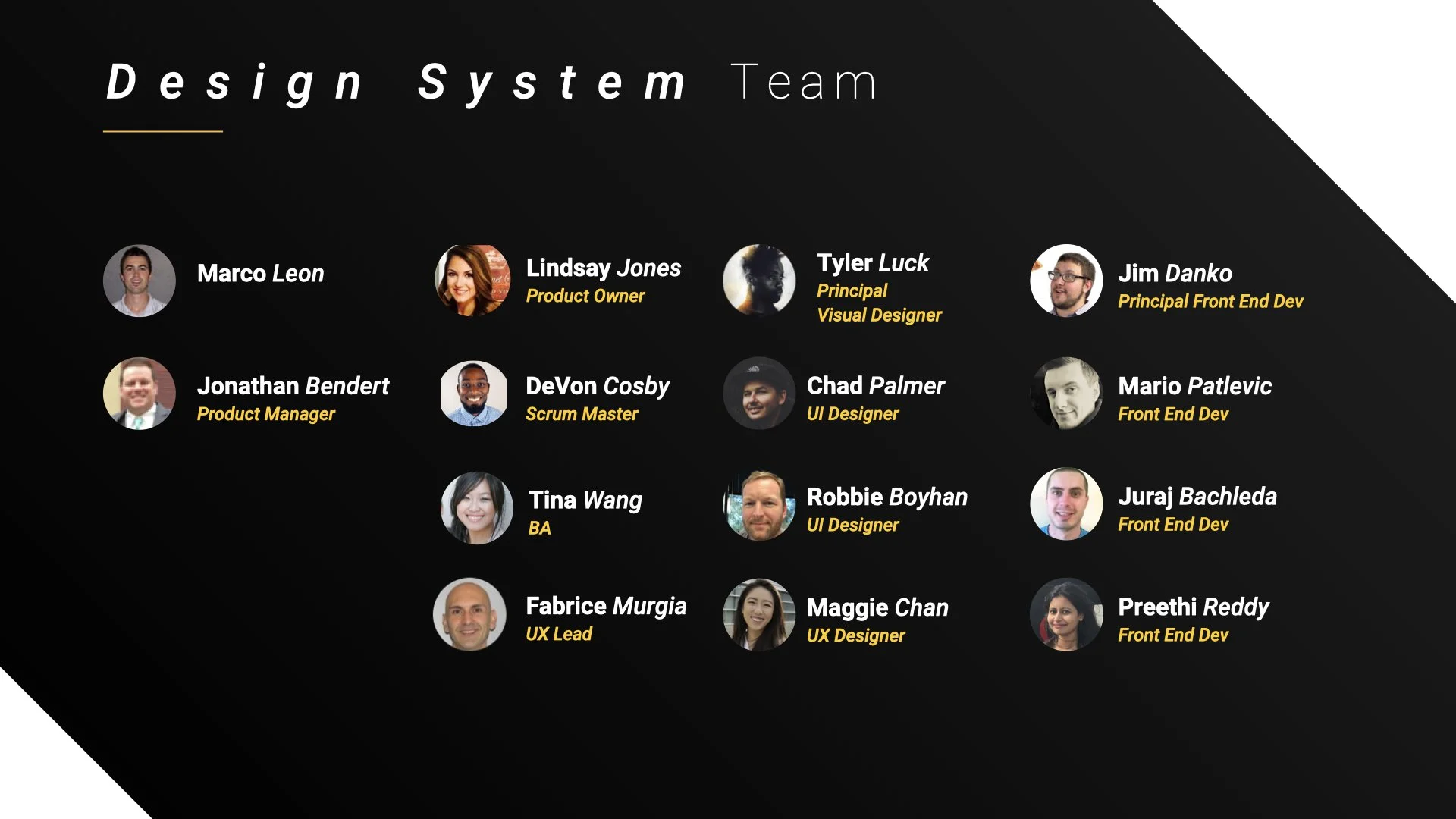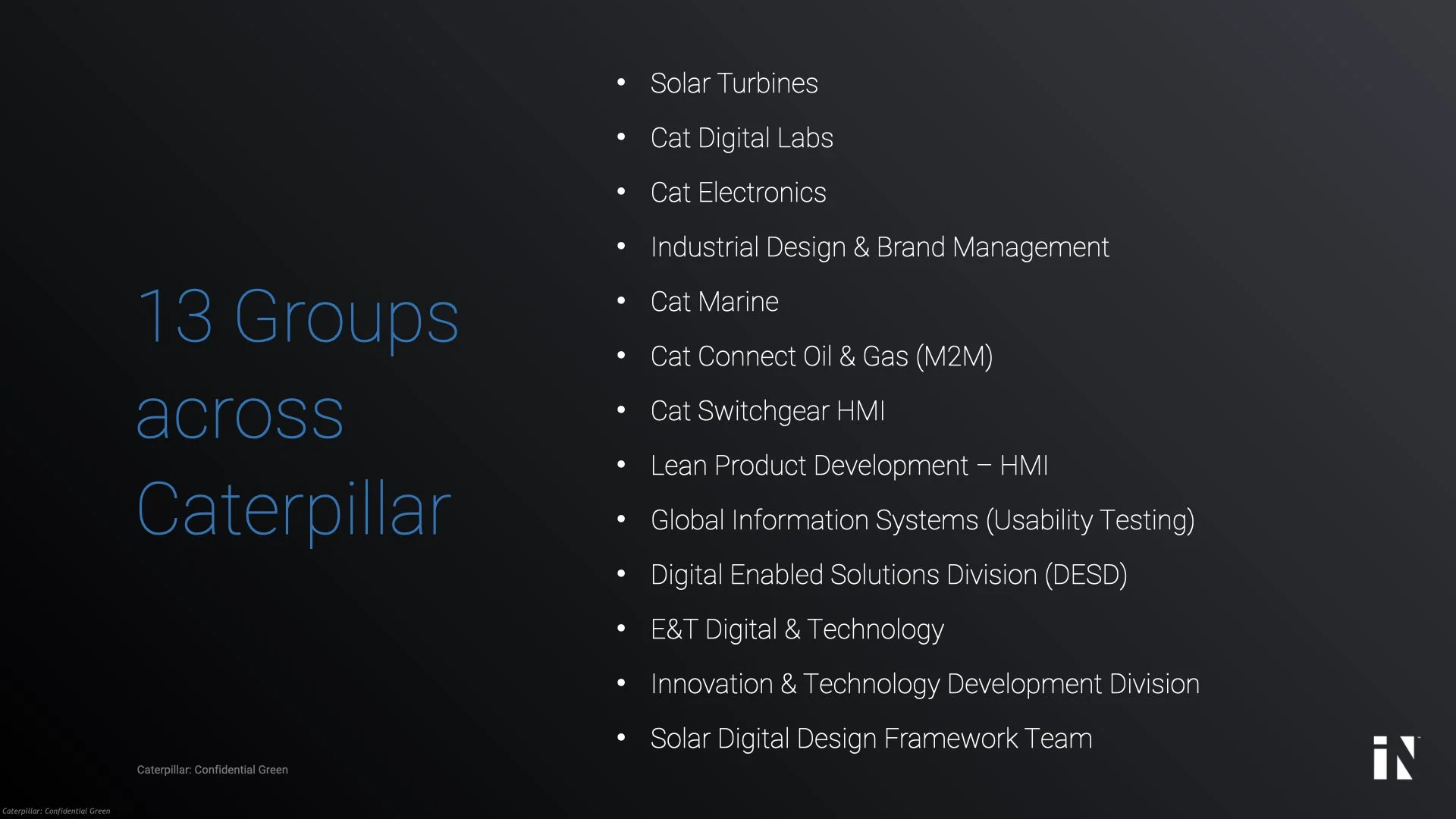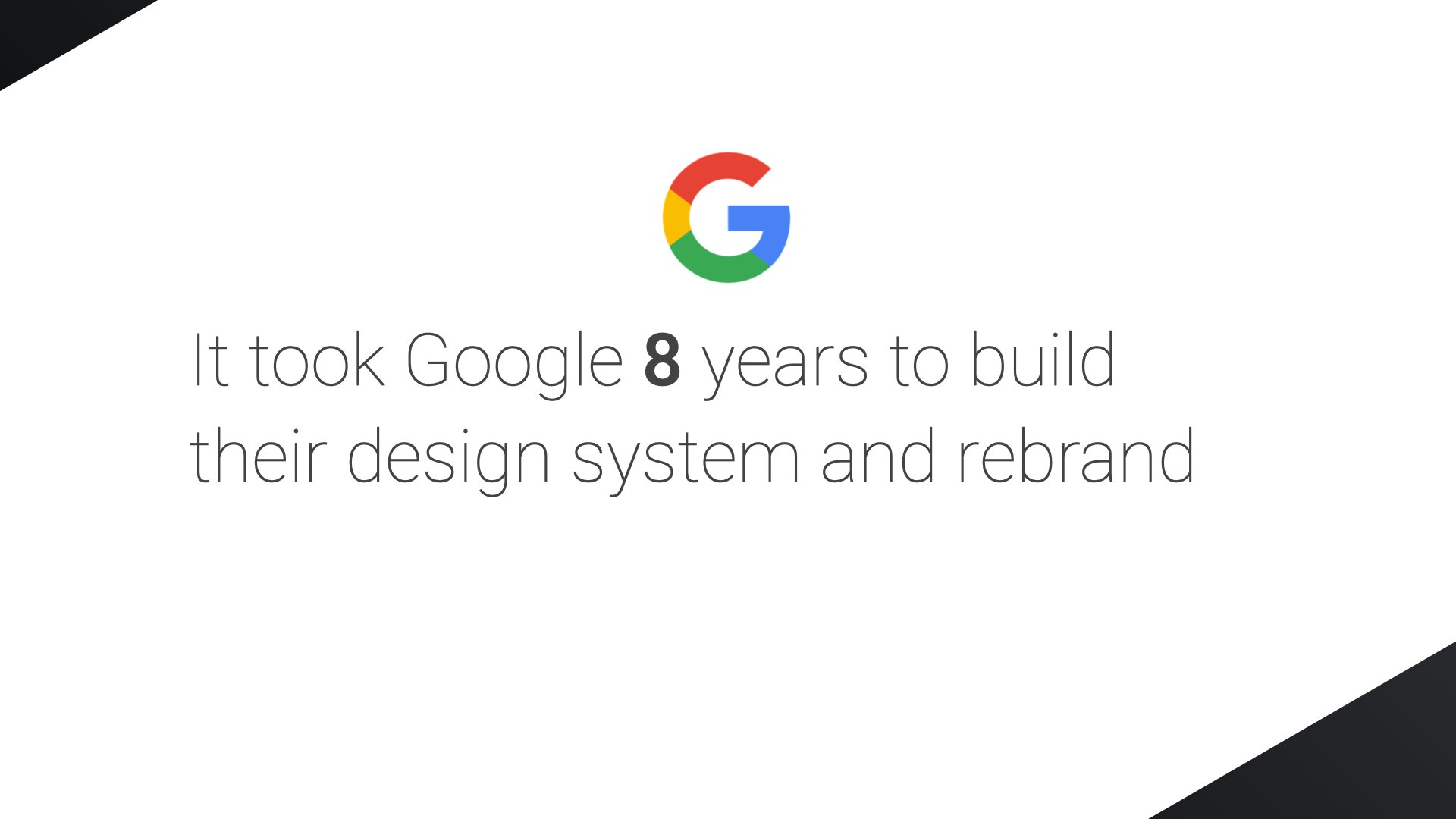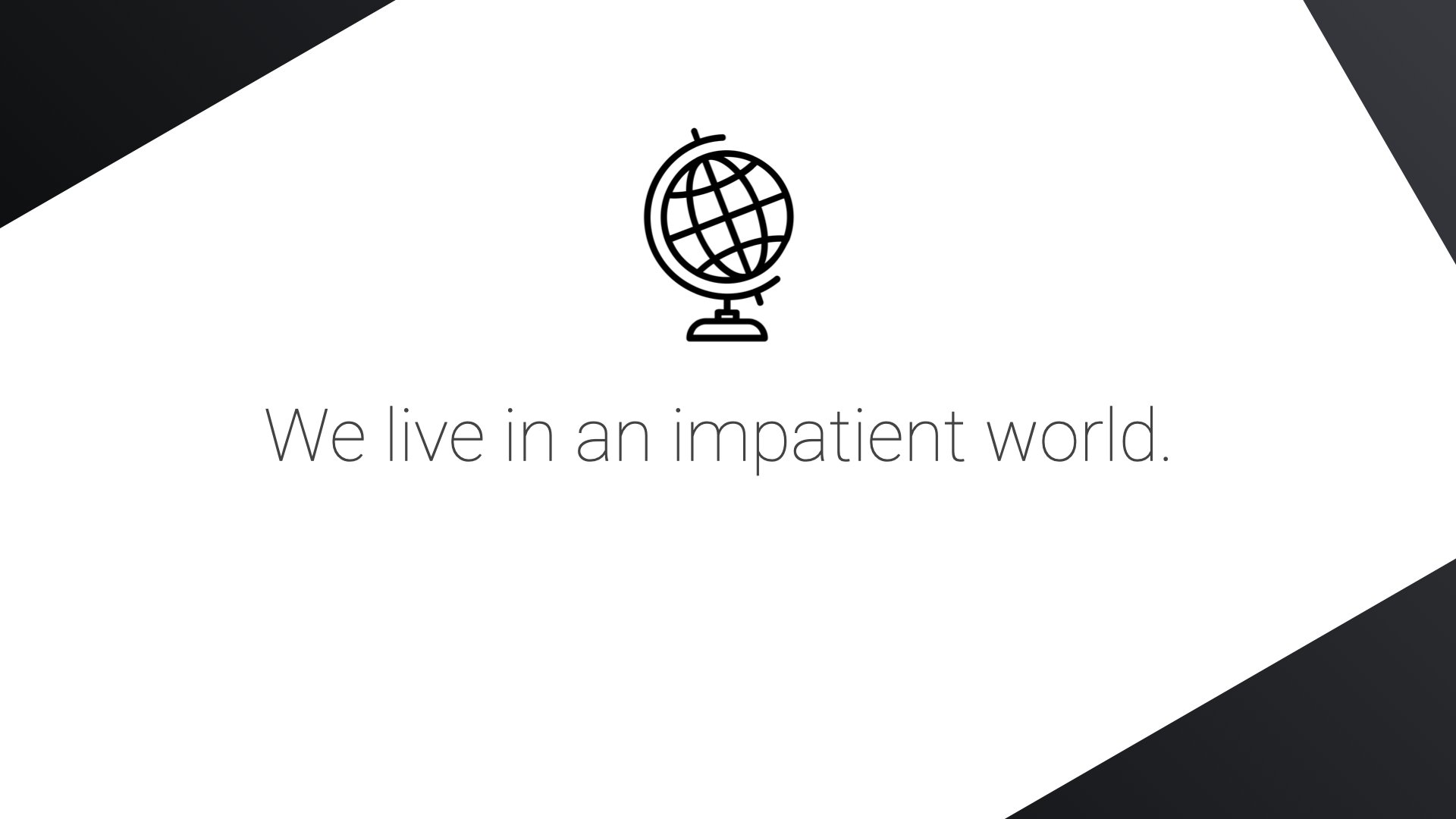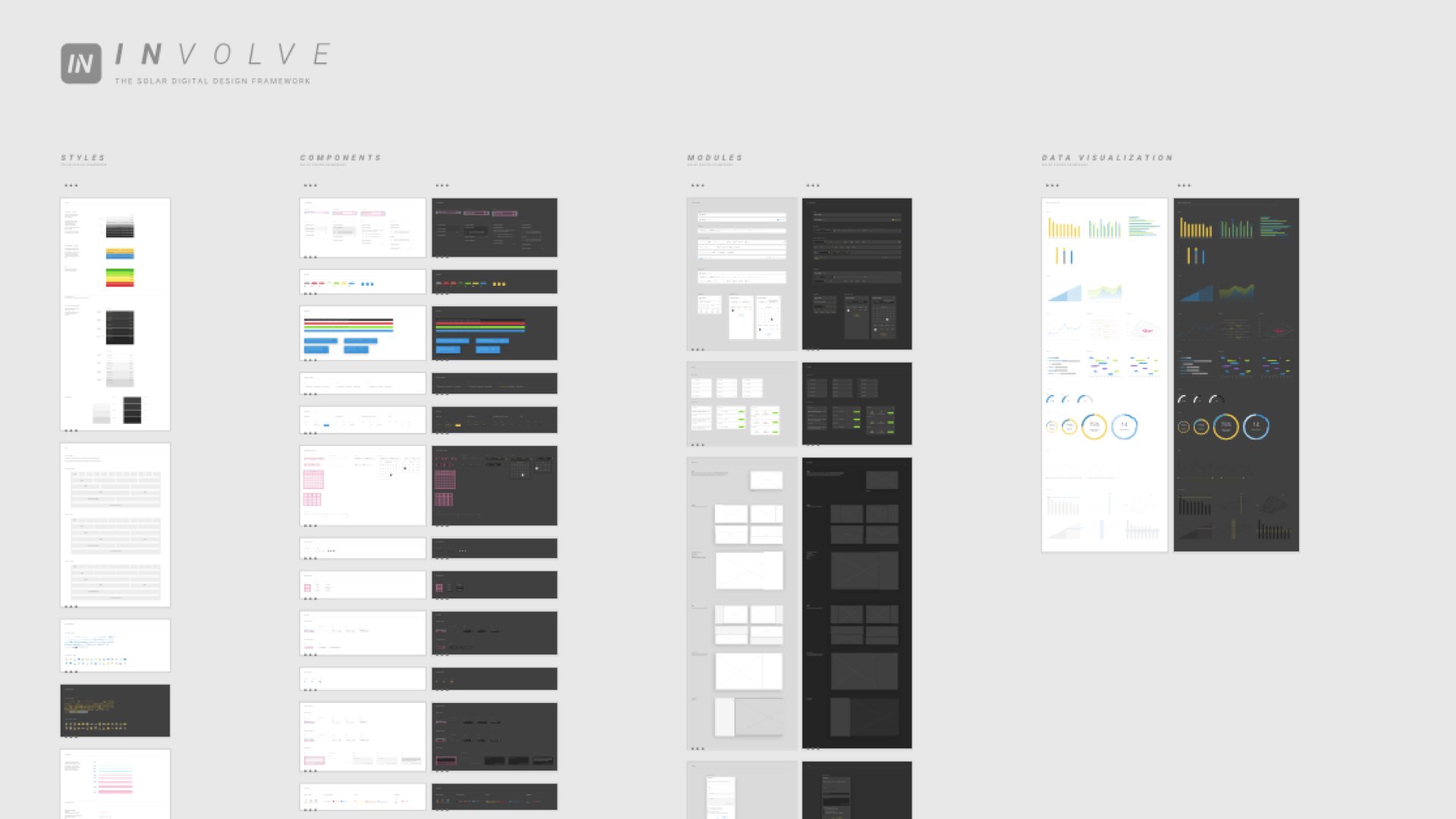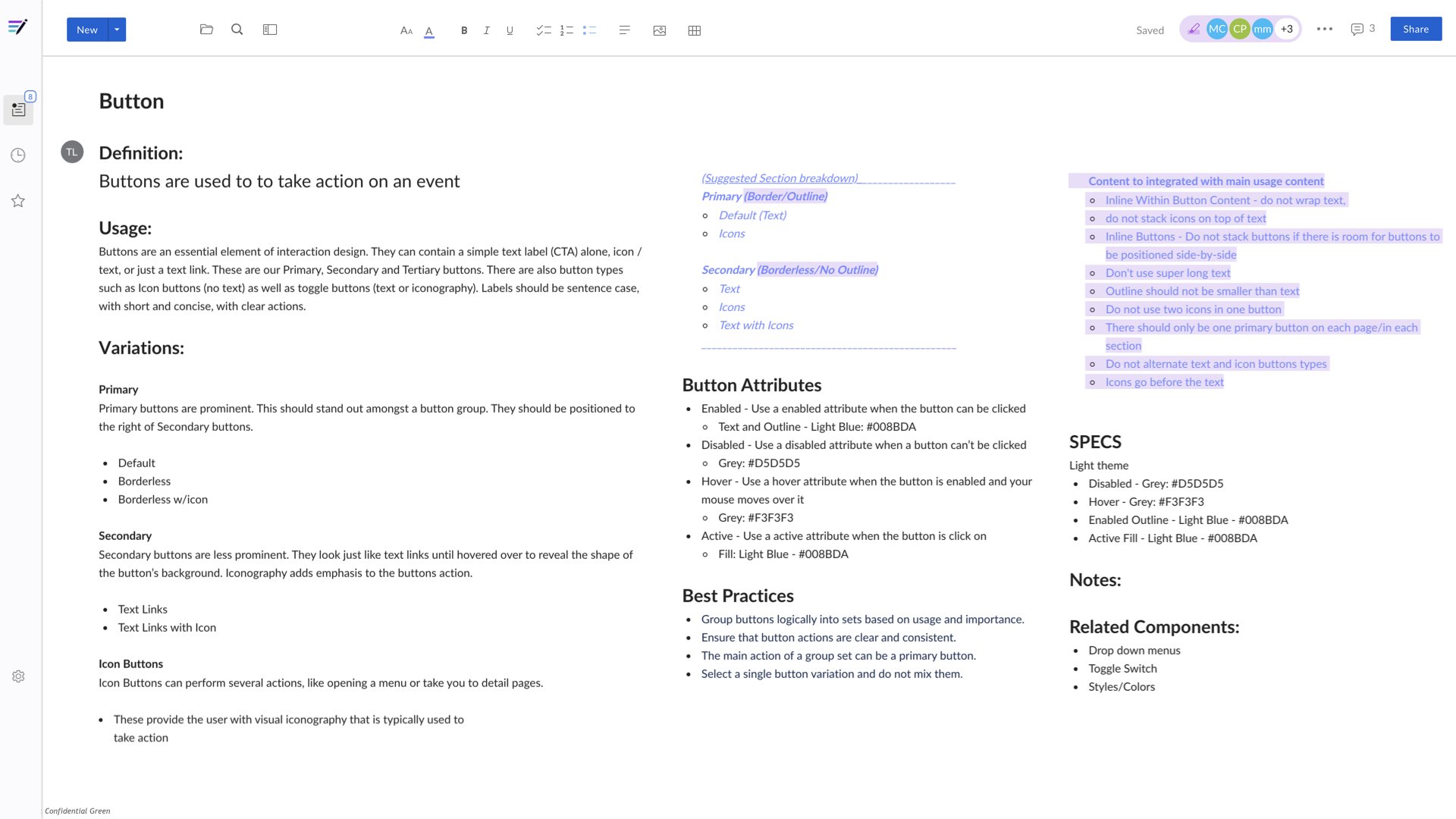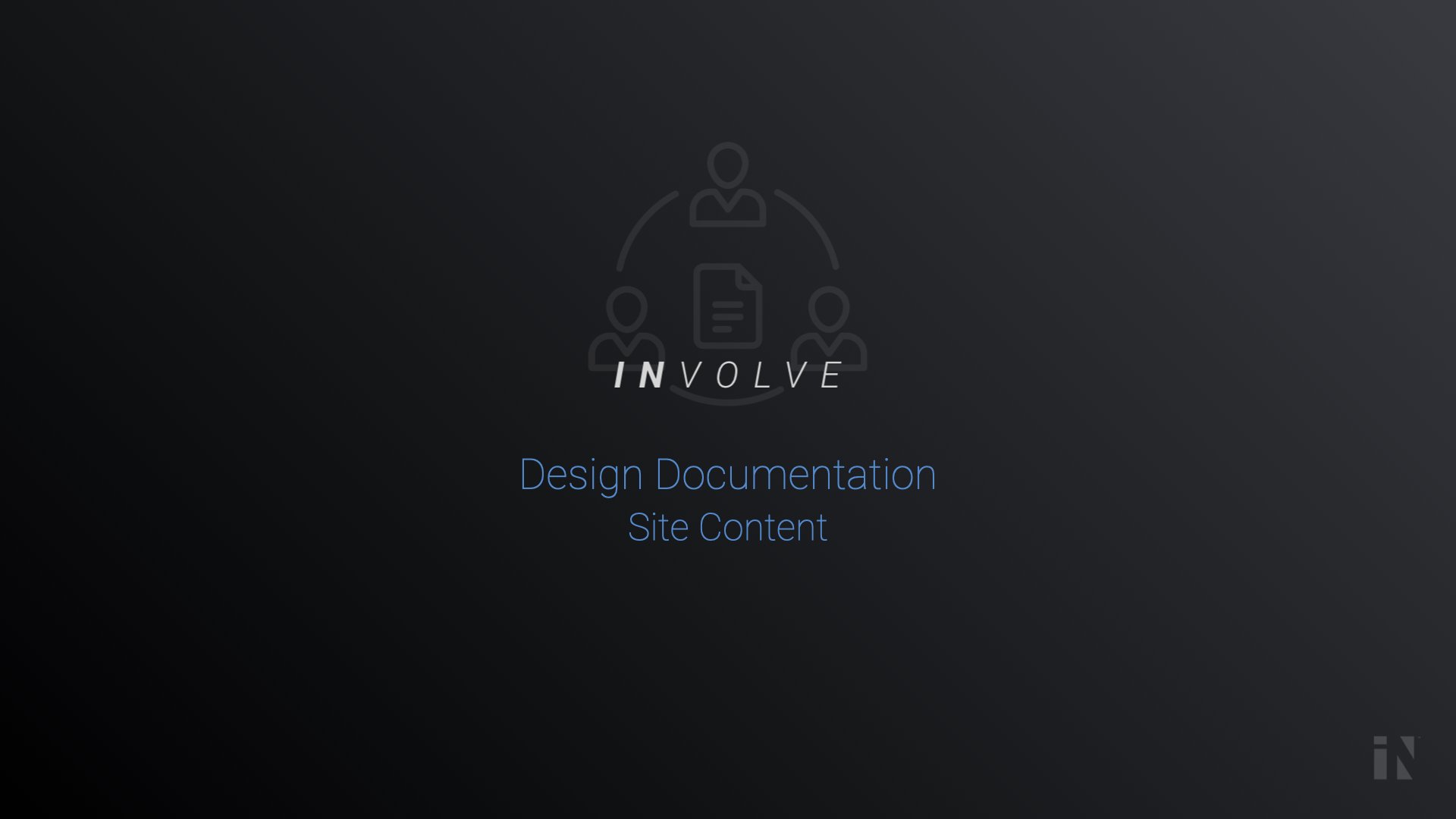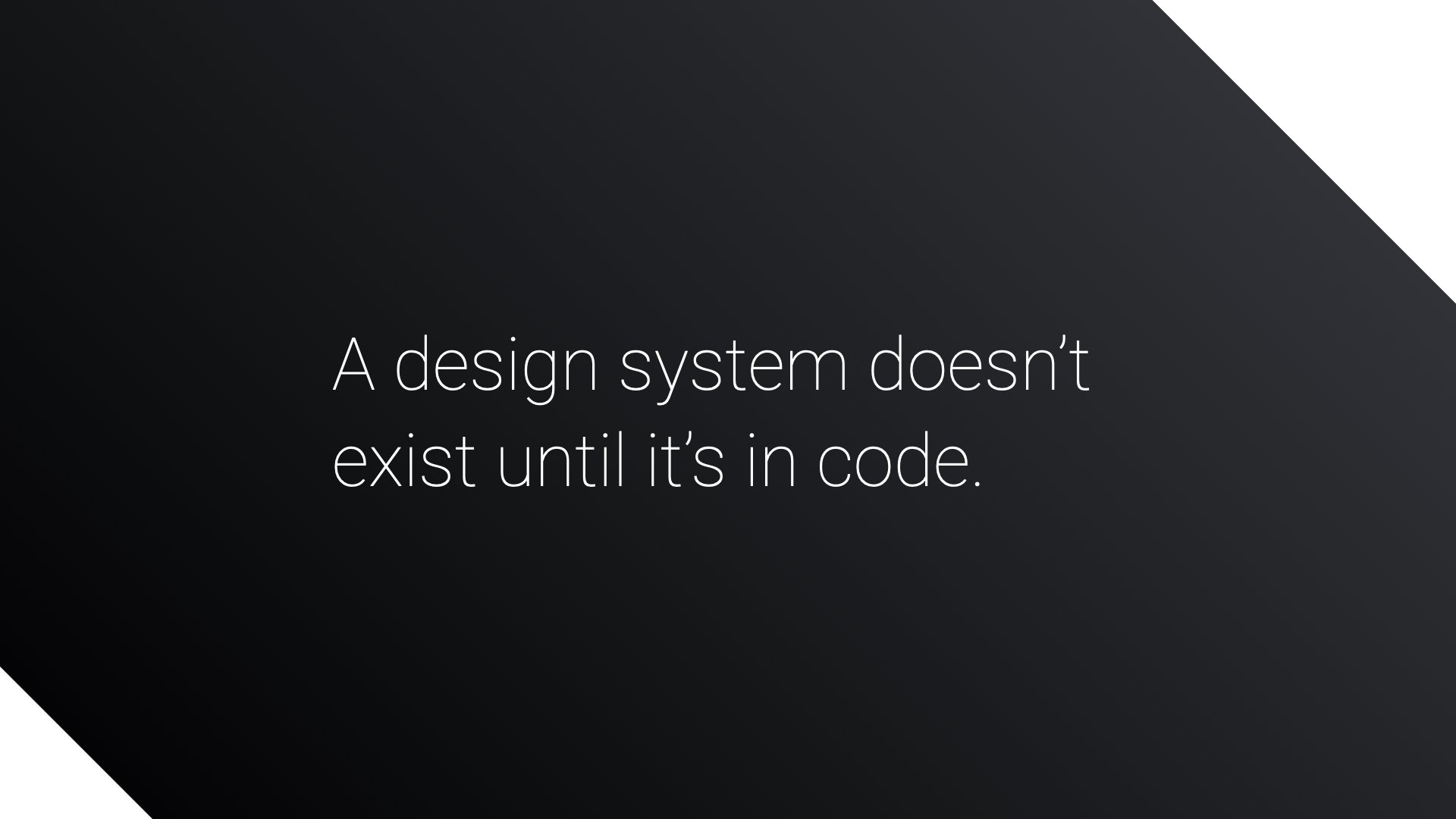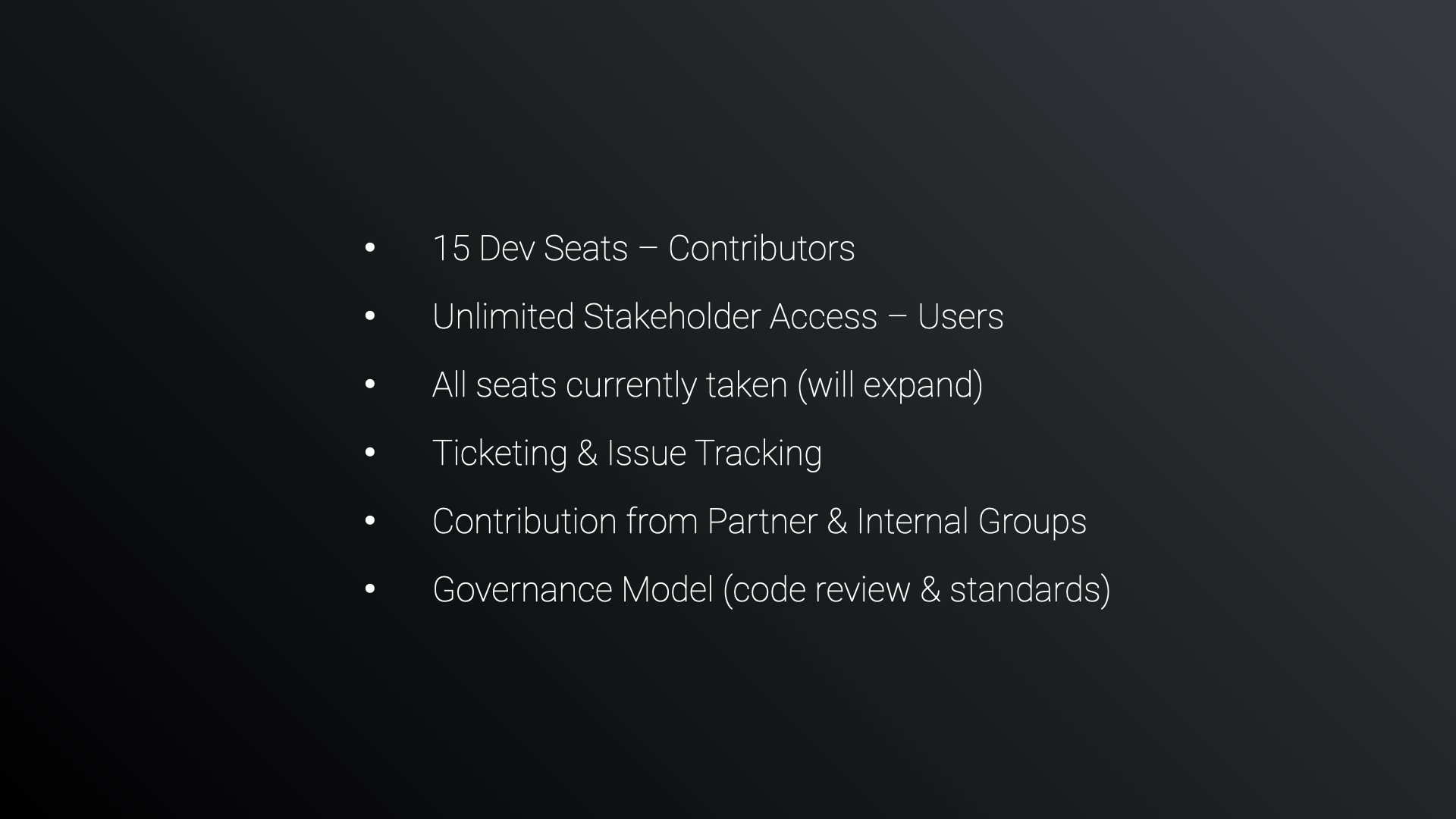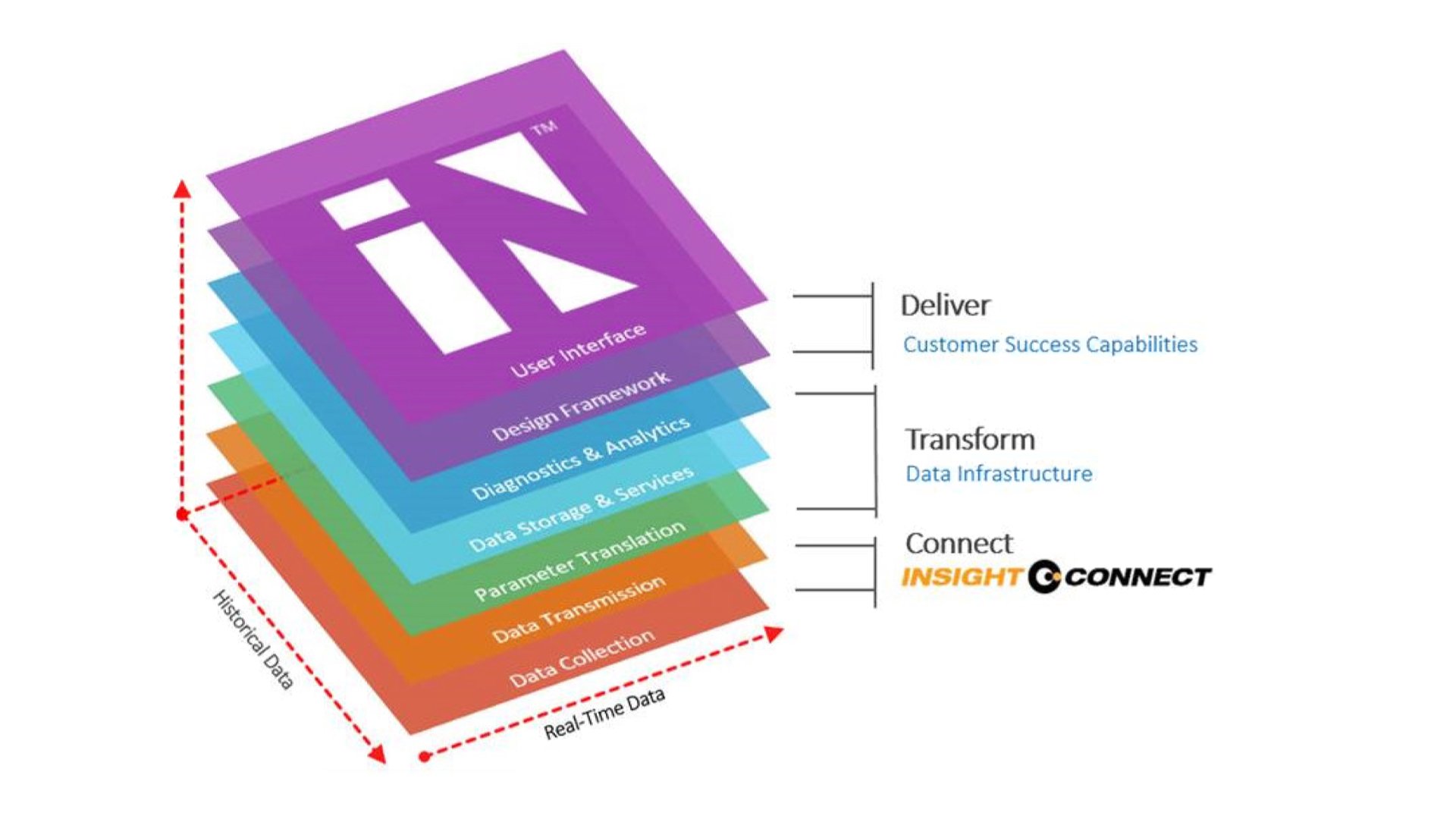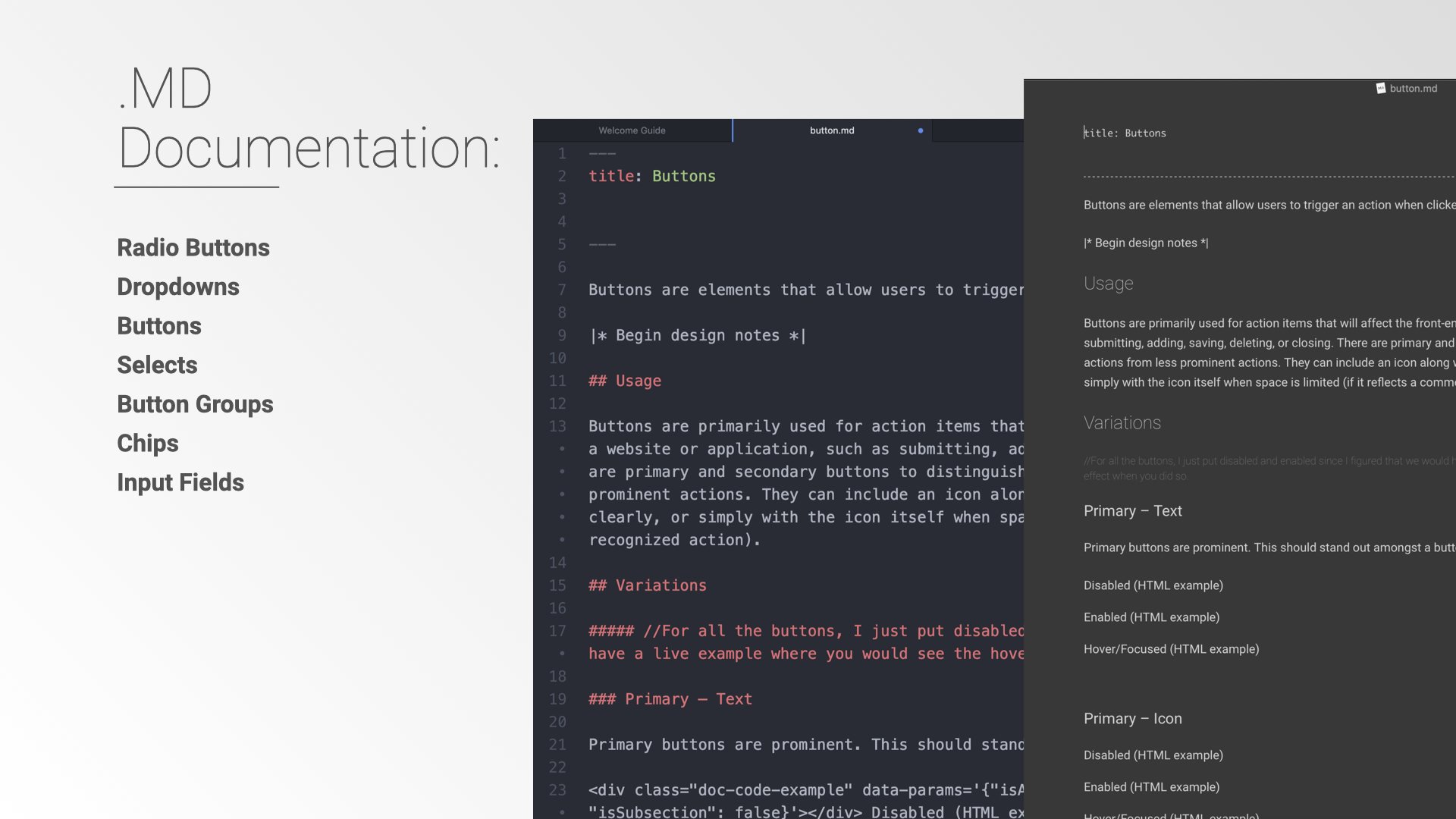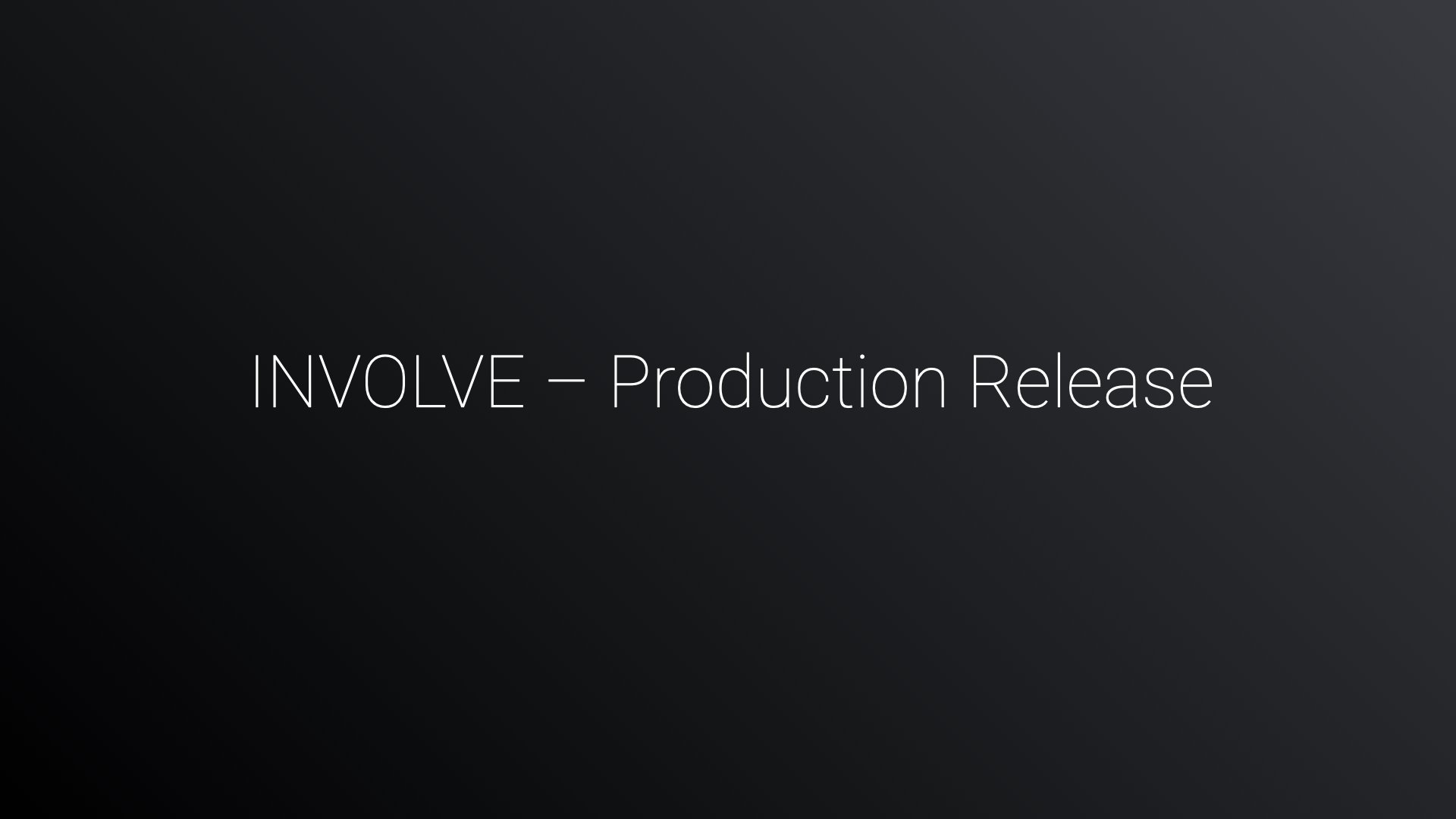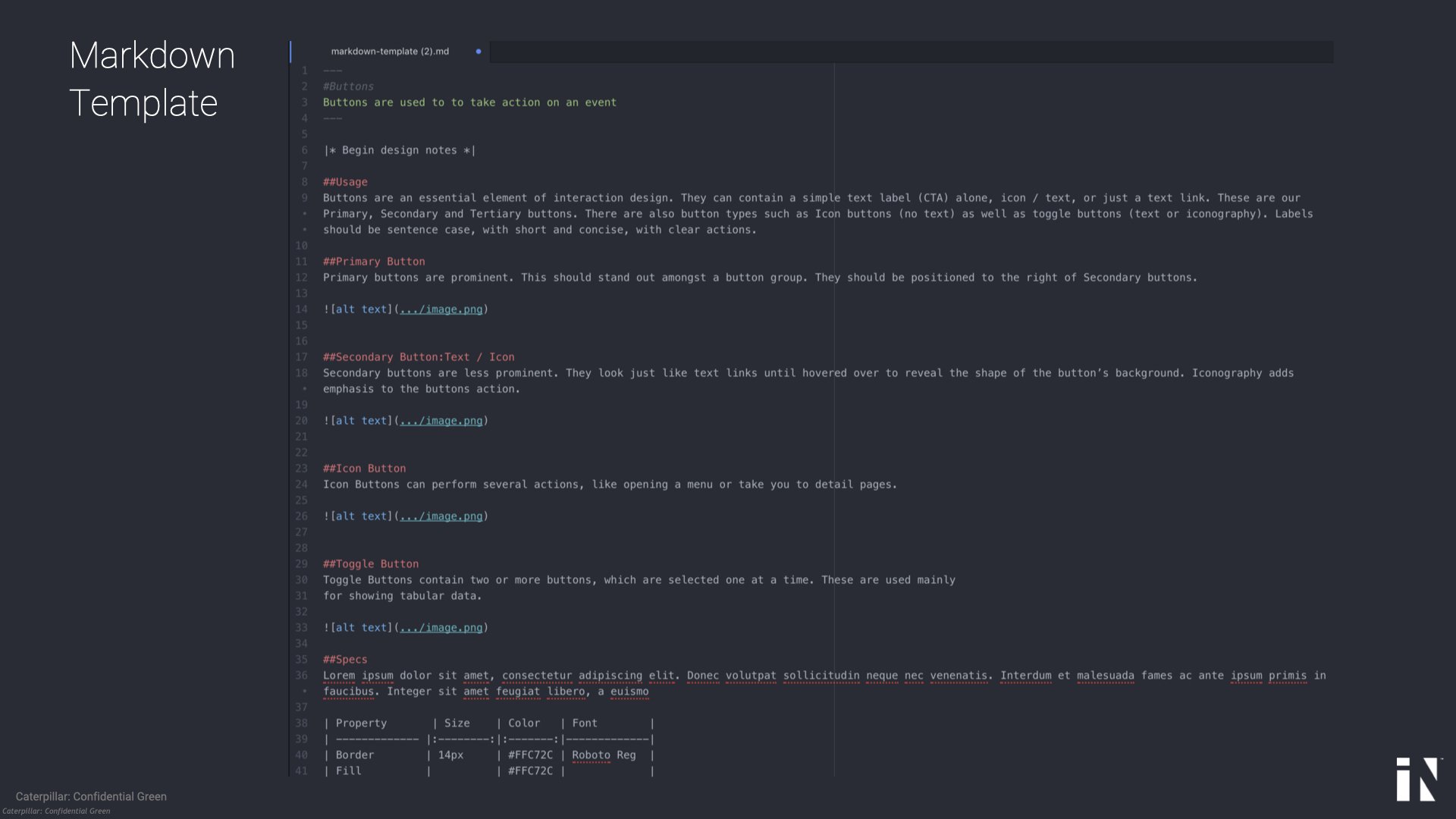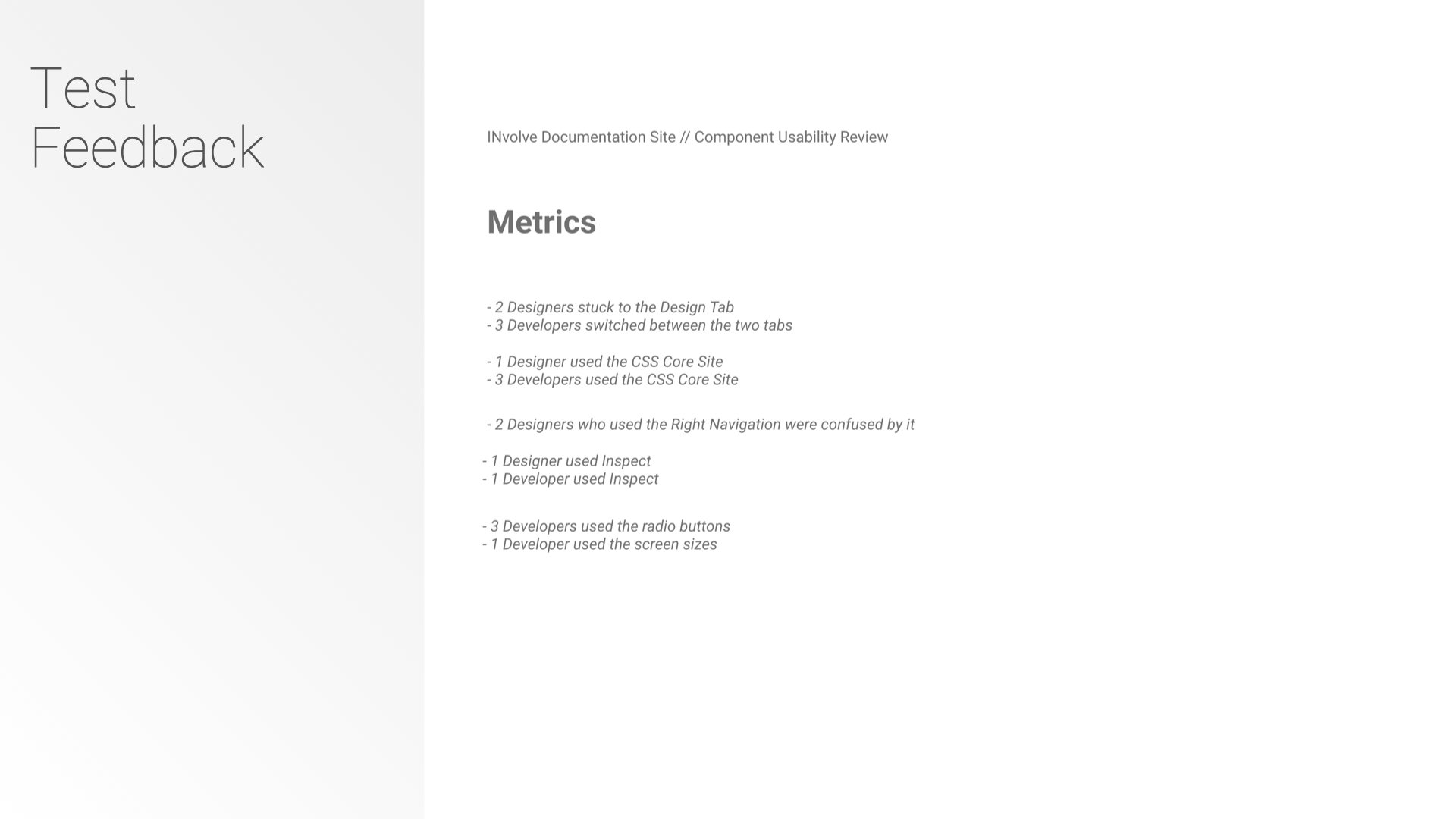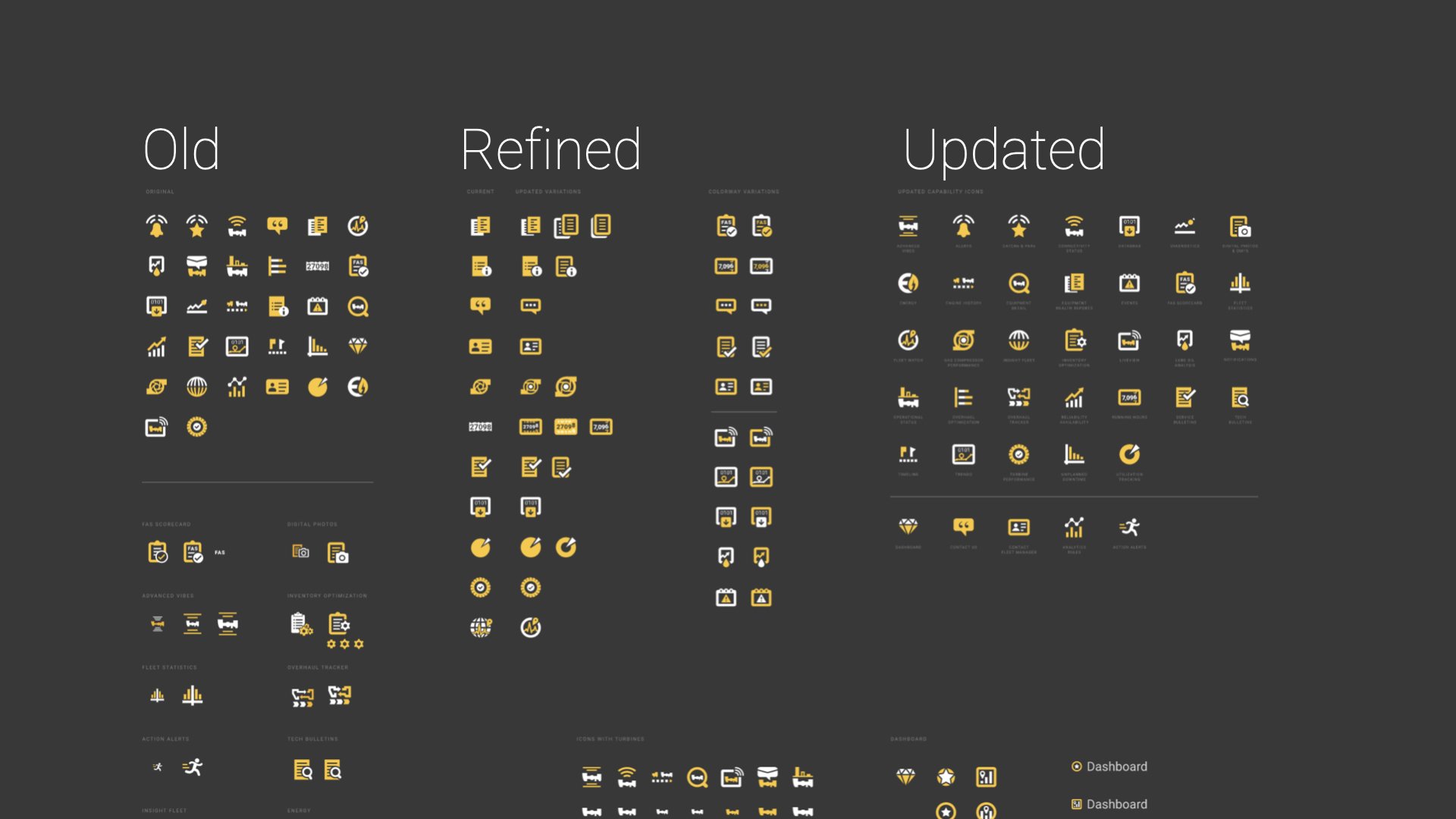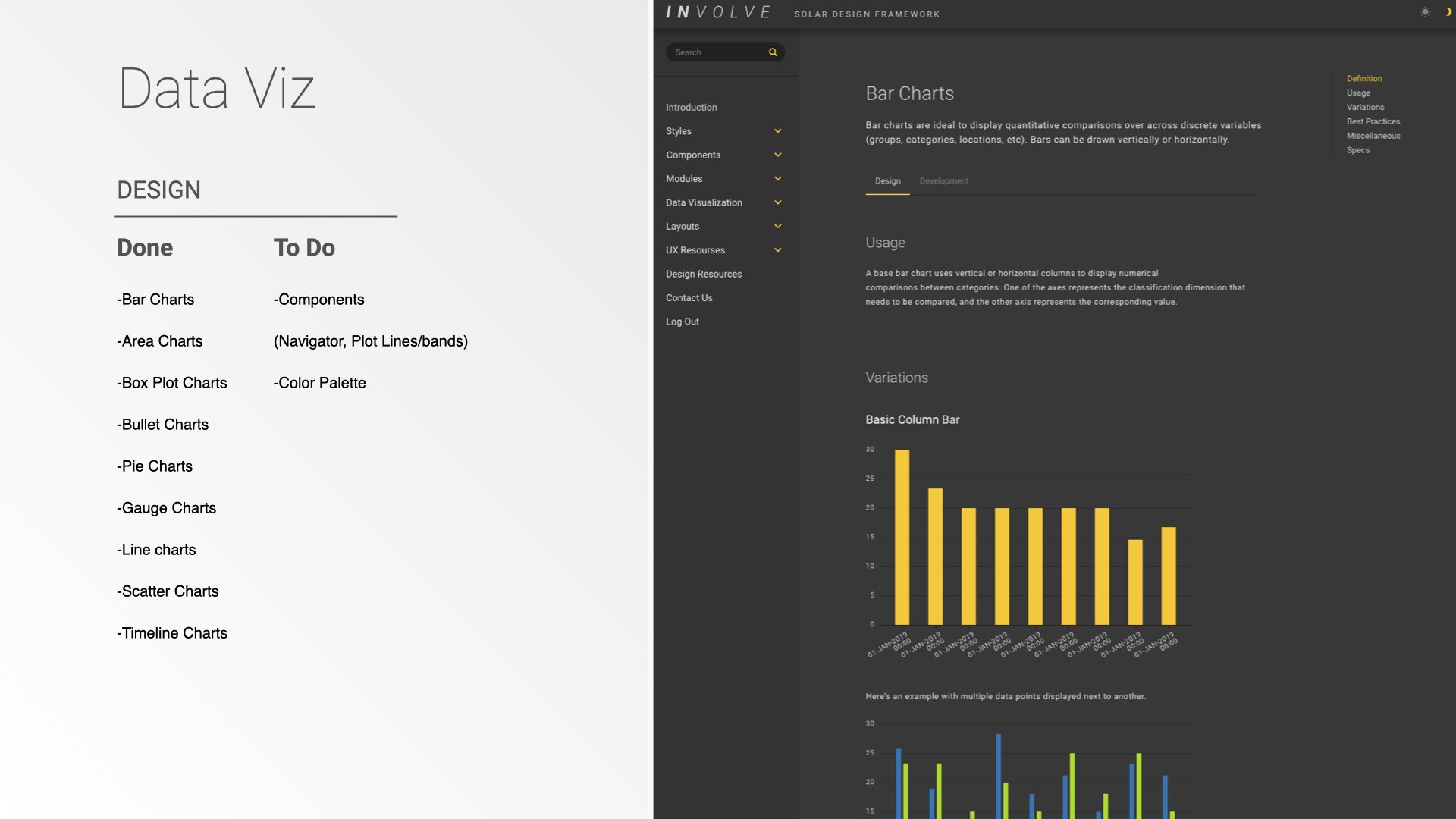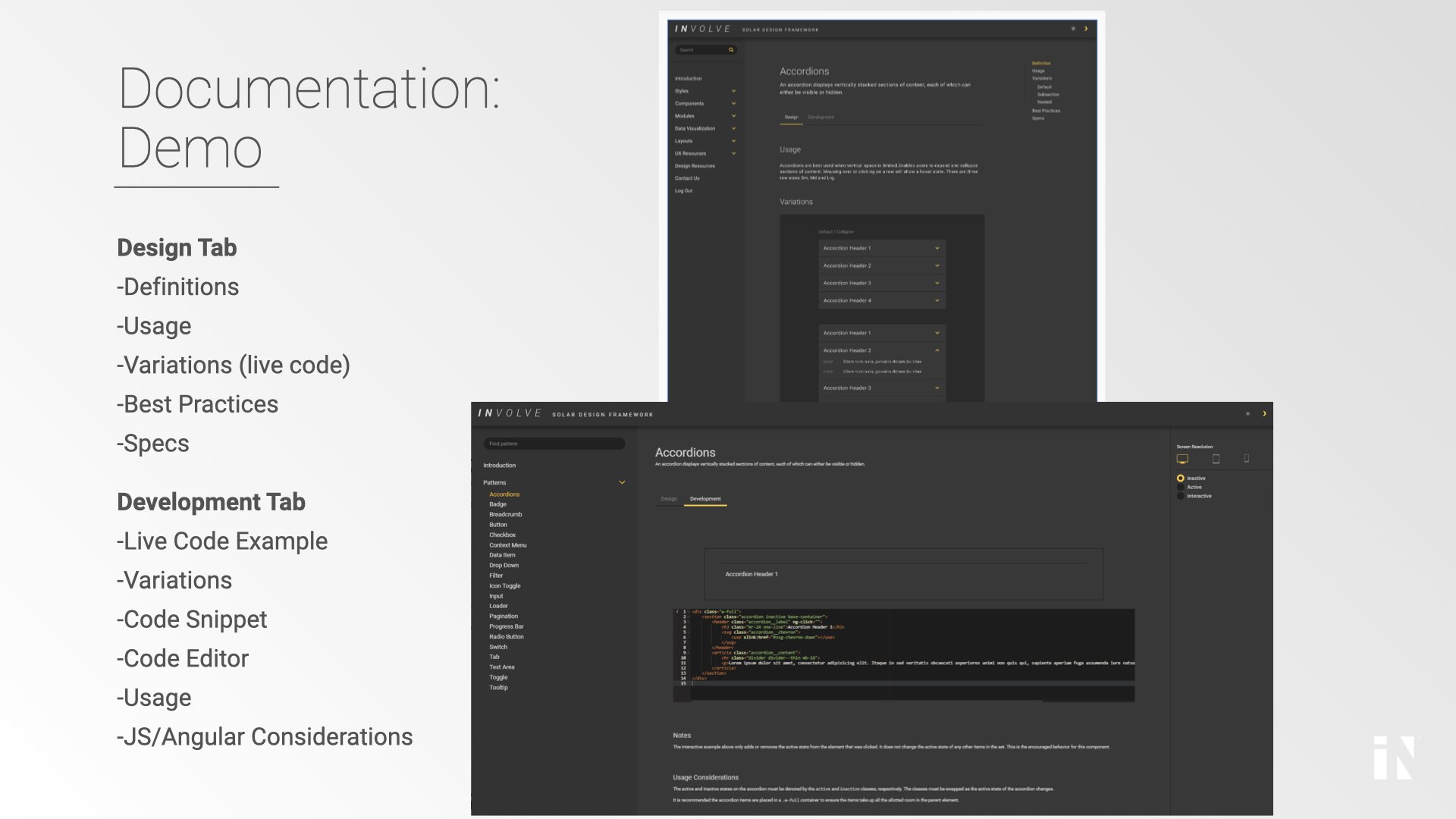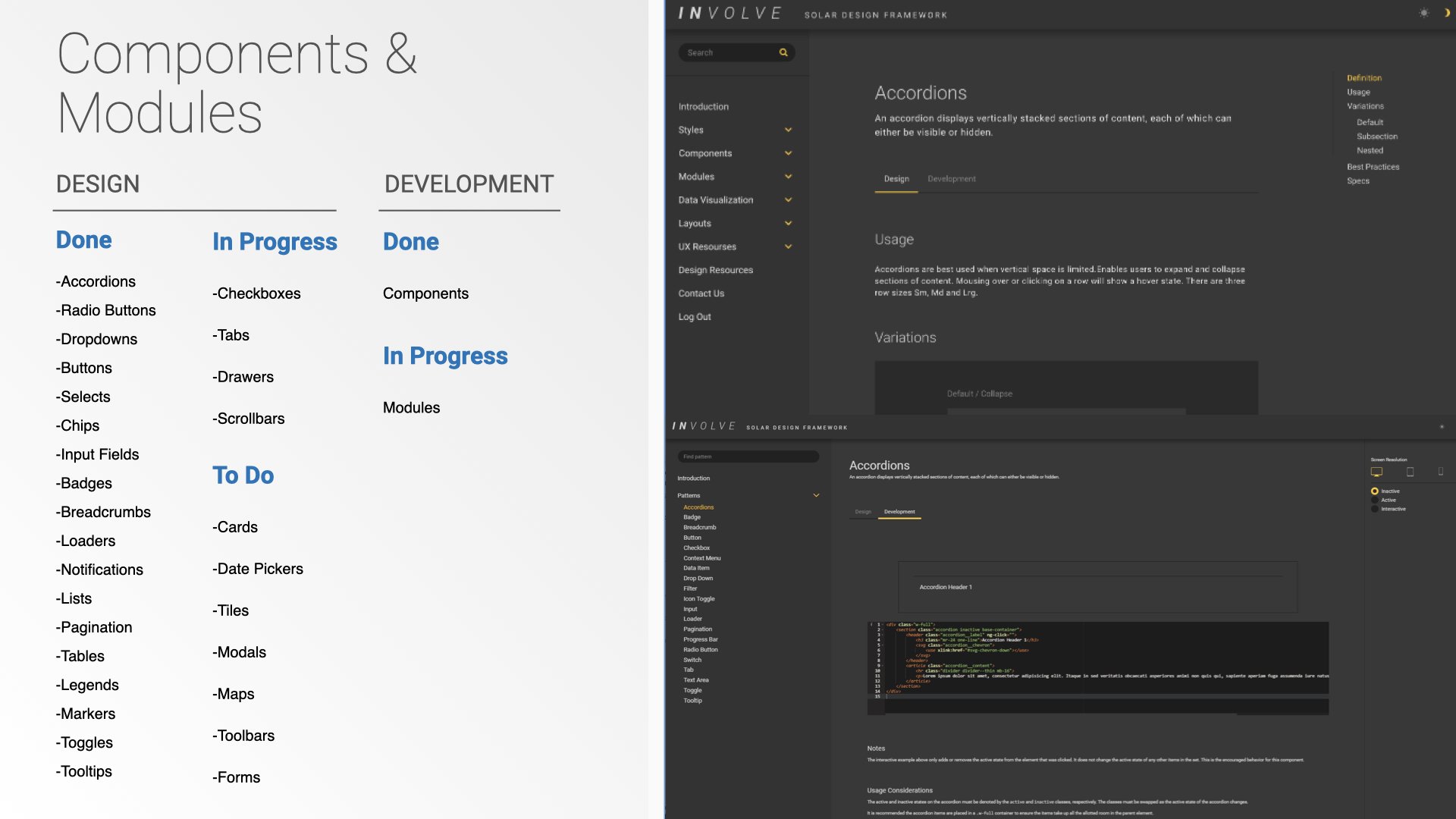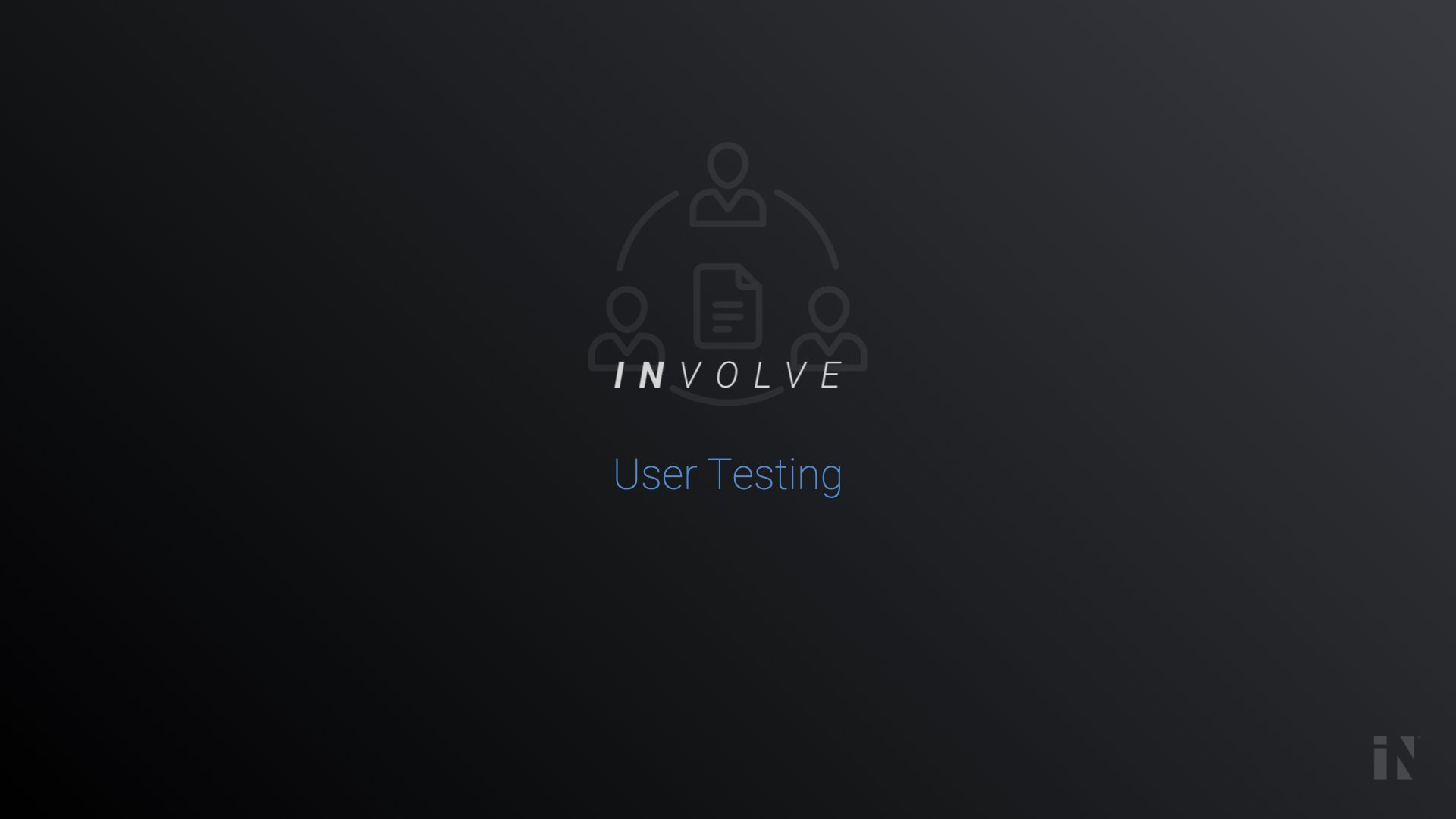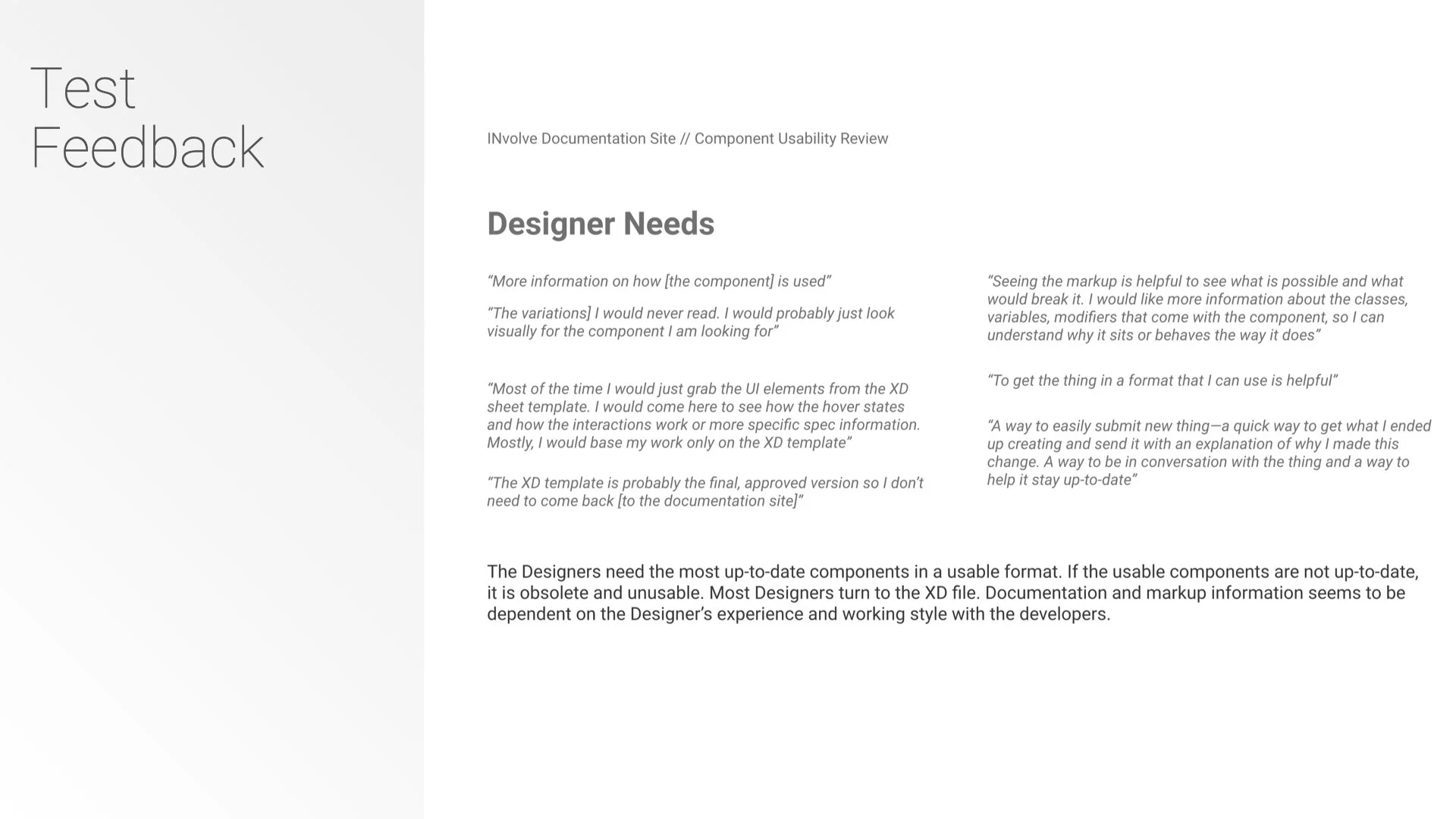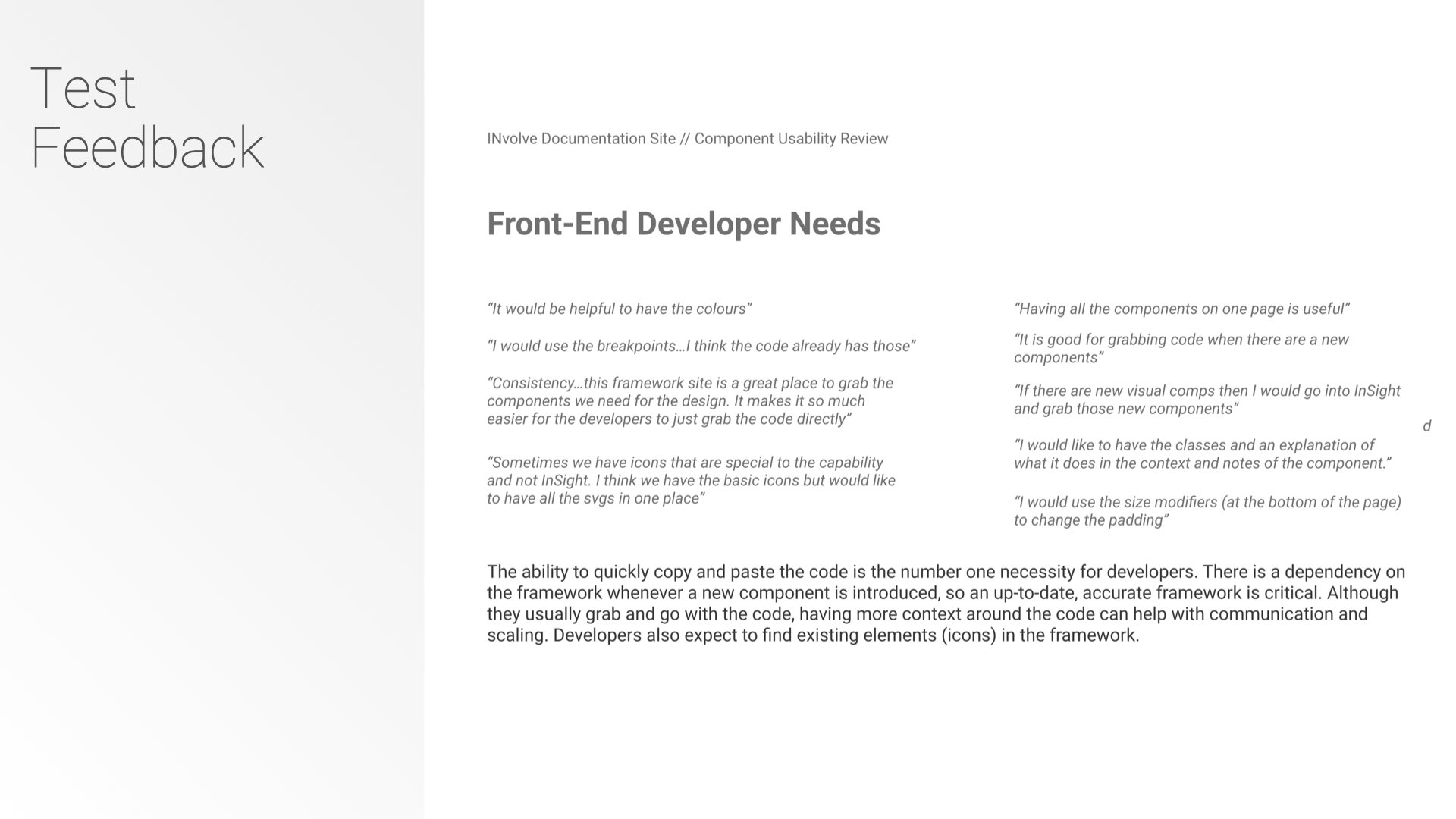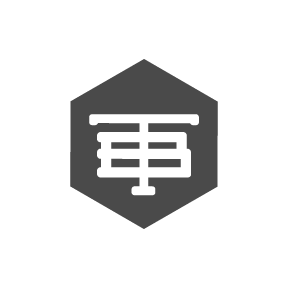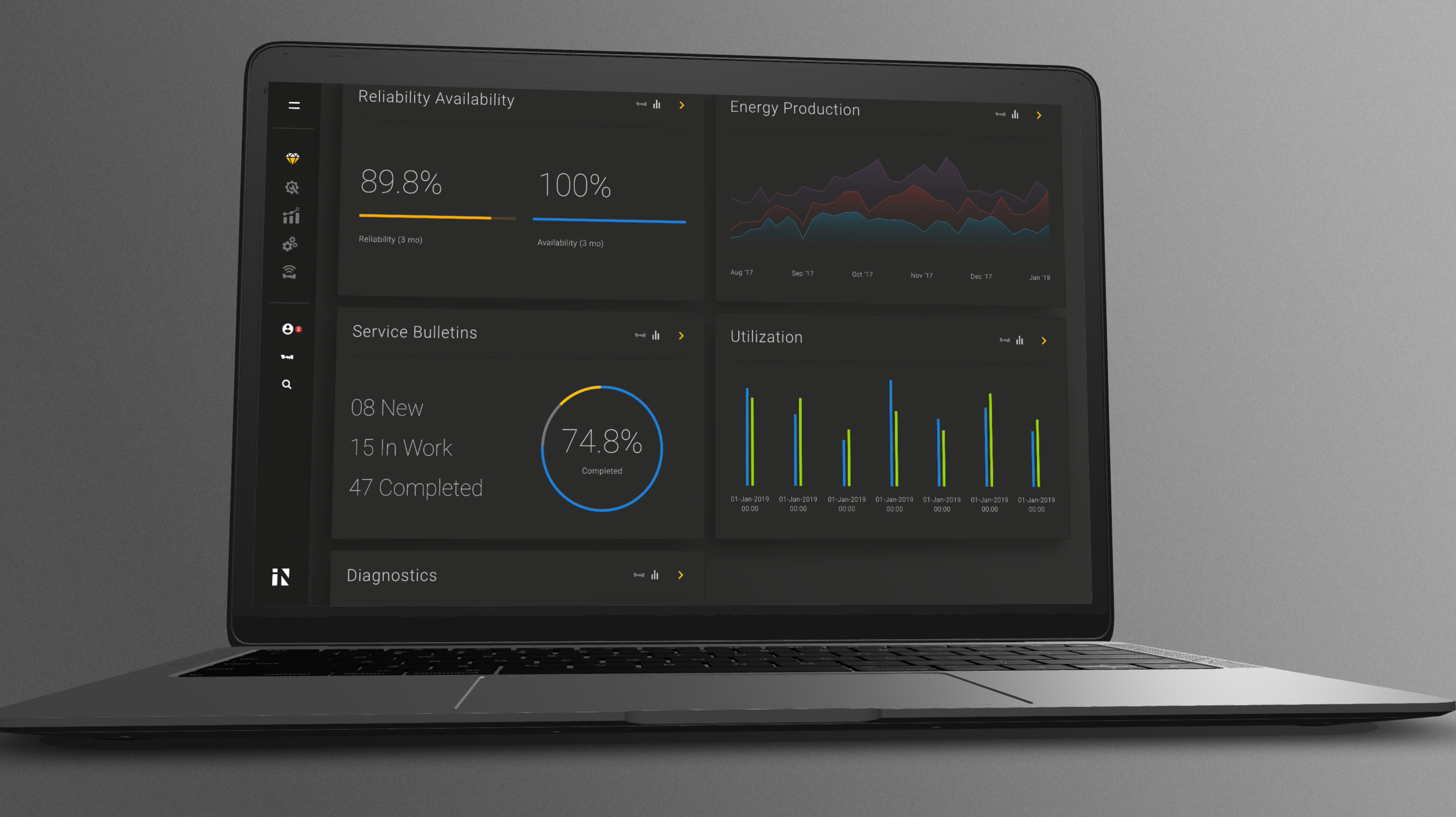FROM CHAOS TO
CONSISTENCY
Creative Direction | Framework Team Lead | UX/UI Design | Agile

Twenty enterprise apps. Twenty different design languages. Development slowed, users frustrated, and tech debt growing by the day.
The EVOLVE Design Framework, originally named INVOLVE, was built to change that. It wasn’t just a design system—it was a company-wide rally point. Product owners, engineers, business leaders, and designers all had a seat at the table. We weren’t just shipping components, we were building a shared language for how our software looked, worked, and evolved.
Success meant one thing: everyone had to get involved.
CHALLENGE
Team leads were brought together from UX/UI, Dev & QA to assemble a team that would collaborate, audit the current system, create standards, optimize, refactor code, reduce design /tech debt and tech bloat. This team was assigned to produce a live design system for both dev, designers and qa, with downloadable assets, live interactive code snippets, with documentation on guides and best practices.
RESULT
Inconsistent user experiences
Redundant design and development work
Bloated CSS, scattered assets, and no single source of truth
We needed a framework that could unify 20+ applications without slowing innovation.


APPROACH
We started with a simple philosophy: INVOLVE everyone, then EVOLVE together.
Audit everything.
We cataloged every UI element, chart, icon, and style rule across the suite.
Centralize the essentials.
We built a compliant, accessible asset library, reducing duplication and setting clear usage rules.
Standardize the system.
Responsive components, grid alignment, and design tokens created a shared foundation.
Scale it across teams.
Documentation, prototypes, and a release process made the framework easy to adopt and improve.
We built the framework based in four core principles. User Experience is of the utmost importance, each team has a vision of what the customers need, but there wasn’t any consistency from one app to another. Once all teams had the framework implemented, we could then begin to evolve the system into a unified product .
BUILD
The framework lived where the work happened, no dusty PDFs, no orphaned Sketch files.
Teams could:
Pull ready-to-use components directly into their workflows
Rely on baked-in accessibility and responsive behavior
Prototype faster, with confidence their designs could ship as-is
Iterate with real data, ensuring every design choice was grounded in actual user scenarios before hitting development
RESULT
Within months:
New features were built in half the time
UI consistency increased across the suite
Designers and developers spoke the same visual language
Most importantly, the framework became more than a toolkit, it became a culture shift toward design consistency.
